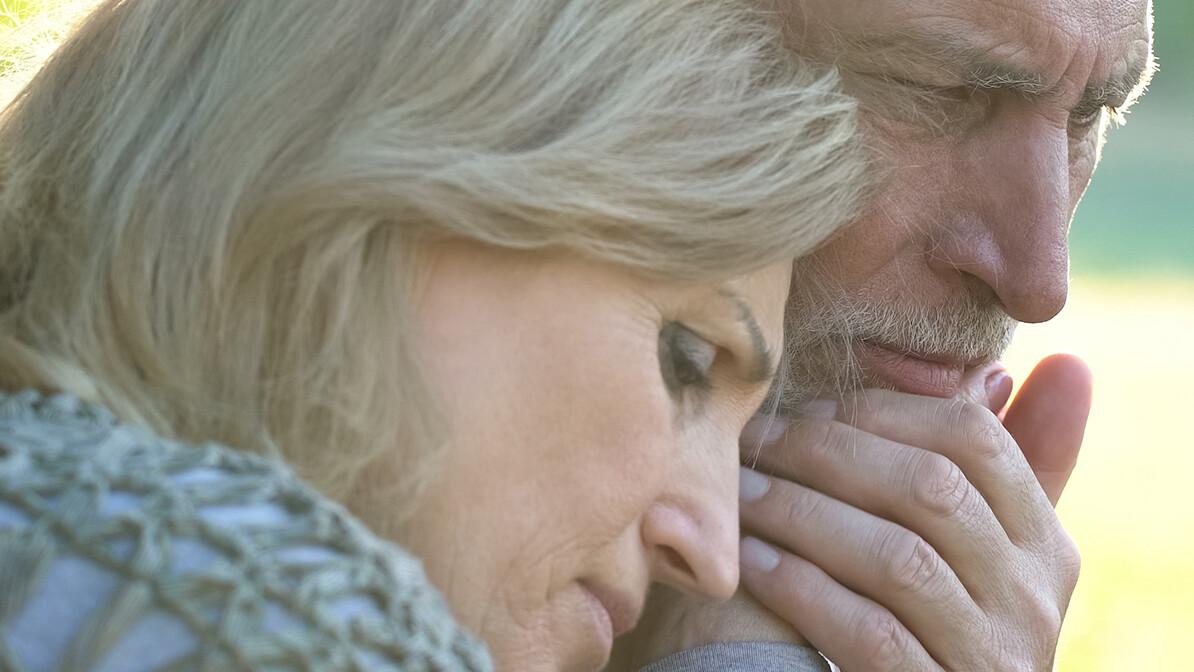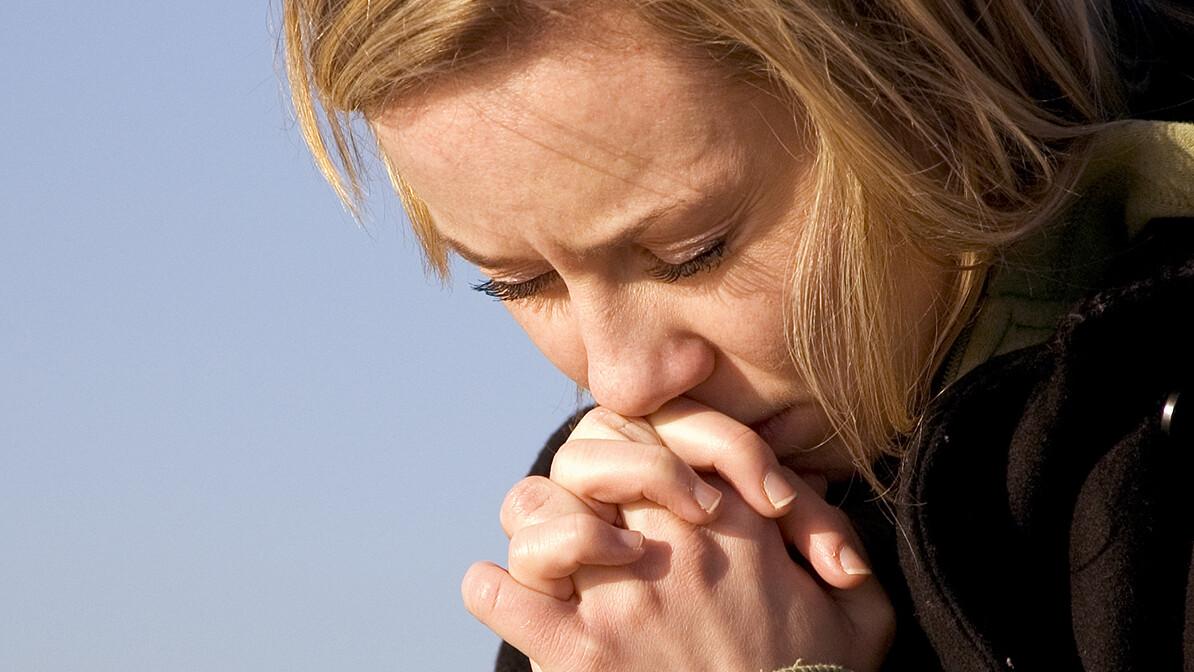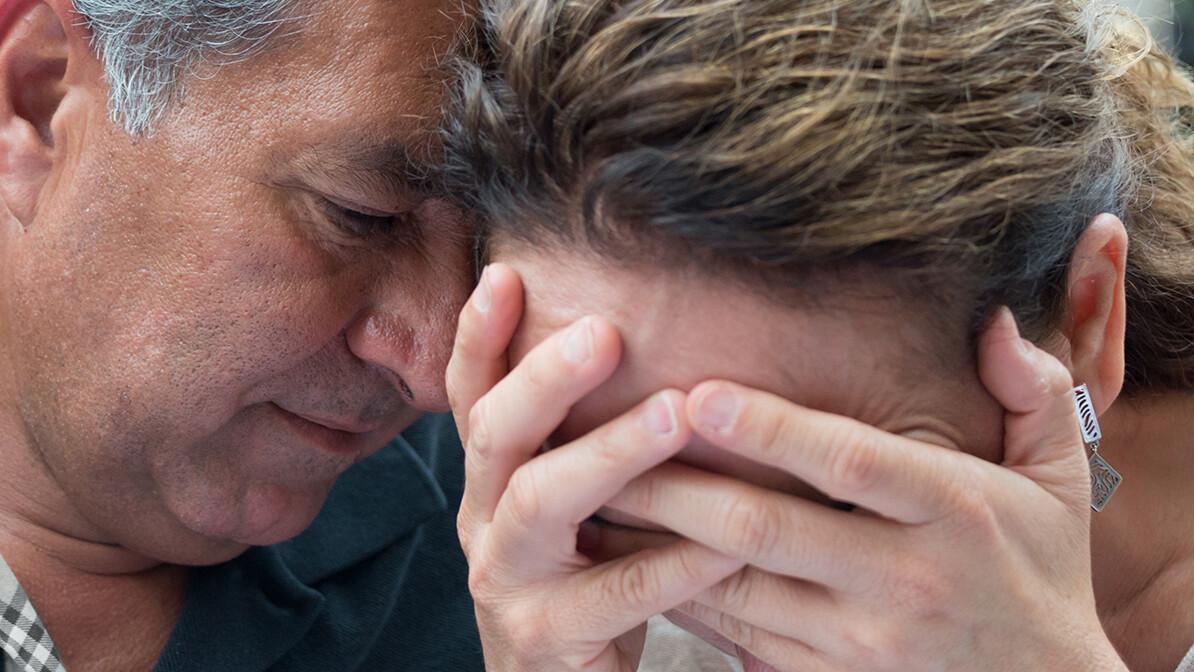
Moving from Broken to Beautiful Through Grief
CVB: What was your motivation for writing this book on overcoming grief?
Yvonne: The way I approached this book is that there are not only those who are mourning, but there are also those who want to be helpers. Those experiencing grief have family, friends, and co-workers who sometimes don’t know what to say. Sometimes they open their mouth and say something hurtful or harmful without thinking. I call these people “wound salters.” Those who are more sensitive and knowledgeable of what the grieving person needs I call “the comforting angels.”
My purpose for writing this book was that I wanted people to have comfort. I wanted them to have peace. I wanted them to look to God’s promises and lean on them. Those promises will lead them to a sense of purpose, or, at least, the freedom to move forward – and then to leave a legacy.
The reason I say “the freedom to move forward” is that sometimes we get wrapped up in guilt, shame. I call that the river of regret. Depending on the season of the year, sometimes that river of regret can become high tide and a flood, and that’s where the devil wants us. But God says, “There is therefore now no condemnation to those who are in Christ Jesus. (Romans 8:1)
CVB: And it’s always “now”!
Yvonne: Yes! And that’s what we have to realize is that it is “now.” This book was written as an interactive workbook where I walk alongside this person. I tell them, “Look, I’ve been on both sides of this grieving process as a licensed professional counselor, a licensed substance abuse treatment practitioner, and a clinically certified domestic violence counselor. I understand grief. My clinical training, my personal experience, my theories are all there.
But then I experienced it firsthand. Within seven months, I lost two aunts, my mother, and then my only child. Mama died just before Mother’s Day and then my son died three days afterwards – and then two days after that was his birthday. So the month of May was not a good month. I needed to learn how to take care of myself during that time.
I start each chapter either with a quotation on grief or with a scripture. I include anecdotes from my own life stories or someone else’s. I’ve had people who wrote and said, “This is what happened to me.”
The grieving process doesn’t always mean that somebody died. It can mean that a relationship died – that it was shattered and the dreams of forever after are gone. That’s a huge loss. When someone dies people send flowers and they visit with the survivor. But when you go through a divorce, it’s often just the opposite. I tell people that those of us who went through the end of a marriage got a divorce, but we didn’t get leprosy.
Grief can also happen when someone moves across country. They have lost connection to their family, friends, and fellowship.
Grief is a process; it’s not an event. So there are activities at the end of each chapter – some are journaling activities and some are art activities.
CVB: Grief is almost like peeling an onion. It’s layer, by layer, by layer. Some people say that the grieving never really ends; it is just not as acute over time.
Yvonne: Right.
CVB: Because that person will always be gone. I’ve heard it said that grief is the price we pay for loving someone.
Yvonne: Yes, it truly is. I loved Mama. I loved my son. And I do miss them. I talked about the month of May, but Christmas does the same thing – it’s a trigger.
CVB: So how do you deal with the reality that different people grieve differently?
Yvonne: I bring up this concept in each chapter. For example, I have a chapter called “River of Regret.” There are people who question themselves: “If I had only done this. Maybe I should have done that. I said this, but maybe I should have said that.” Those questions won’t get a person anywhere except stuck. Our loved ones would want us to move forward. God wants us to move forward regardless of what type of loss it is. He still loves us and He still has something for us to do. Don’t miss that blessing.
In each chapter, I have affirmations and an honest prayer. I also include links to both contemporary and traditional music because music lifts us up into the very presence of God. When we are in His presence, that’s when He can minister to us. That’s when we hear Him speak. We are His temple and He is in us. He is saying, “Let me talk to you. Let me tell you what is still to come.”
Someone told me one time, “I’m doing fine. My husband had dementia, and it was a blessing for him. I know where he is.” A year later, she sent an email saying she was falling apart. It hit her.
In each chapter, I include a “moving from broken to beautiful moment.” That is where I tell the reader, “I was in this stage of the grieving process, and this is what I learned from it. I didn’t learn it overnight, but I finally got it.”
At the end of each chapter, I provide a place where the reader can journal. I ask, “What did you read that touched your heart and soul? What did you listen to that spoke to you.
These chapters are purposefully short so that the reader has time to digest. Some go back to read it again. I have a friend who said she was reading it for the third time and I’m finally getting it. To help the reader to process, to be encouraged, and to be supported, at the end of the book there are additional affirmations by chapter.
For example, there is a chapter called “The Avalanche of Anger.” I encourage the reader to journal about their anger. I encourage them to talk with someone who will not judge them.
CVB: It’s important to find that person, because not everybody can do that.
Yvonne: Not everybody can handle it.
CVB: Right.
Yvonne: And there are those who are “fixers.” If you tell them something, then they immediately feel it is their job to fix that problem right away. But that’s not what you need. You just need somebody to listen.
I also provide a list of additional readings for each chapter – whether it’s “The Torrent of Tears,” “A Sea of Sadness,” “Handling the Holidays,” or “A Fight Against the New Normal.”
CVB: The holidays are so challenging because that empty chair is there at the dinner table. What are some of the practical things that you write in your book about how to handle the holidays?
Yvonne: First of all, admit that they are difficult. Don’t pretend. When we try to be Wonder Woman of Superman, we aren’t fooling anybody and eventually it all comes to a head. I remember a friend invited me to her home the first Christmas without Mama and my son. She said, “It will just be a small group of us.” Well, a small group to her meant all her children, her parents, and his parents. When I heard this I thought, “I can’t do that.”
CVB: It was too raw.
Yvonne: Yes. So that day, I stayed home. I slept in. I wrote in my journal. I listened to praise and worship music. I watched Hallmark movies. I made old-fashioned popcorn on the stove, the way Mama did. Mama would make popcorn and we would play Scrabble or Monopoly. It was my way of feeling close to them with my bowl of popcorn.
CVB: They were there with you in that way.
Yvonne: At Easter, we had a custom where Mama would make what was called “the coconut ball.” It looked like an Easter bunny with the little whiskers and the jellybean eyes. Then we would also make a cake in the form of a cross and that was our way of celebrating Easter. It took me a while before I could do it again with someone else’s children or grandchildren, but I did.
CVB: And that is an example of the unfolding process of healing from a loss. It’s little by little. It reminds me of the “Lord of the Rings” trilogy. In the first movie, Frodo is stabbed on the top of the mountain by the ring wraith. Then at the end of the third movie, Frodo tells Sam, “The wound has never fully healed.” To me, that is similar to the grief we experience after a major loss in this life. When you go through the kind of major loss that you experienced, and that I have experienced, you’re always going to have a certain amount of pain and grief, but God is our Comforter. That is where we rest, even though the pain is still there.
Yvonne: And knowing beyond any doubt that everything will be ok with time, if we can just surrender and give it all to God, we can just say, “Help me!”
CVB: This is wonderful. It could be used by an individual, but also in a small group.
Yvonne: Yes, and I’ve gone through the book with small groups on Facebook. Some people have used it in Sunday school classes, Bible studies, and home groups.
CVB: What can we be looking for from you next?
Yvonne: I’m working on a book called Speak with Power, Passion, and Polish, which is written for speakers, writers, and leaders. I’m also preparing a book on surviving divorce. Even if we are divorced, God still loves us and wants us to serve.
…
Learn How to Have a Relationship with God
Order your copy of Moving from Broken to Beautiful Through Grief by Yvonne Ortega.
Trending Now
Sign up today for your Inspiration Today Daily Newsletter
Supercharge your faith and ignite your spirit. Find hope in God’s word. Receive your Inspiration Today newsletter now!
Dr. Craig von Buseck
Dr. Craig von Buseck is an award-winning author. Learn more at vonbuseck.com
Related Articles
April 18, 2024
Have You Ever Said, ‘God, Please Help Me’?
“Pray. Just pray.” What happens when the words won’t come? How do you begin to pray? Rest assured.…
April 15, 2024
I Want to Live
What does God do with a good ol’ southern boy taken captive by the demon of alcohol? He meets him…
April 9, 2024
Pregnancy and Infant Loss: Helping Grieving Families Part 1
When you consider that one in four American women experience the grief of…
Next Steps To Strengthen Your Walk
Submit A Prayer Request
We are here for you. Simply click on the button below to reach us by form, email or phone. Together we will lift our hearts and voices with you in prayer.
Partner WIth Us
Sow a seed of faith today! Your generous gift will help us impact others for Christ through our global salvation outreach and other faith based initiatives.
Inspiration TV
Watch Christian content from your favorite pastors, christian movies, TV shows and more.






